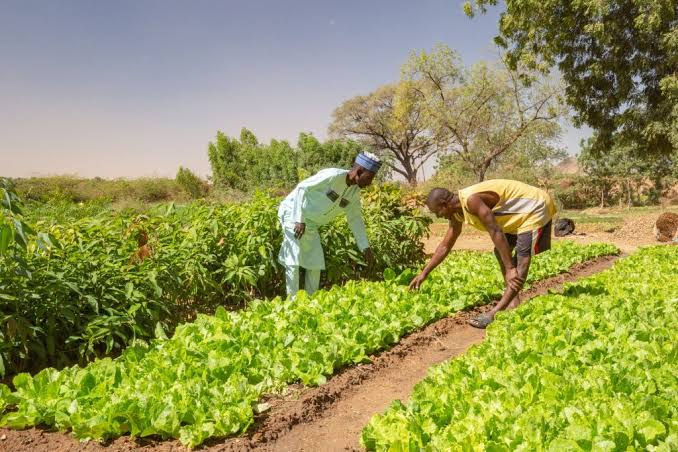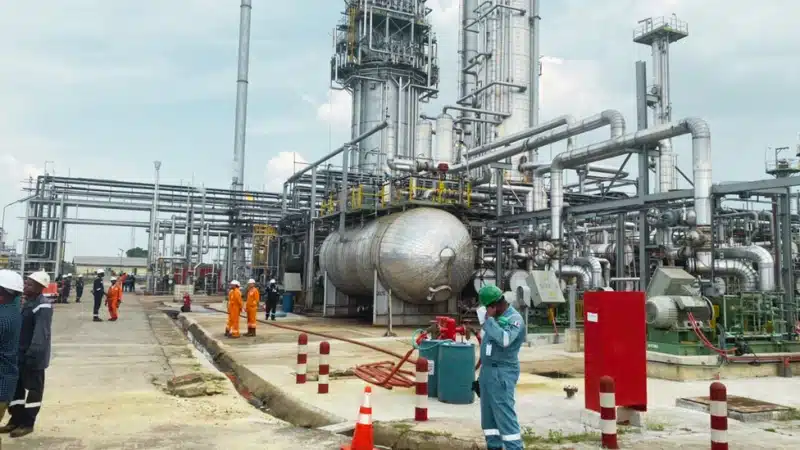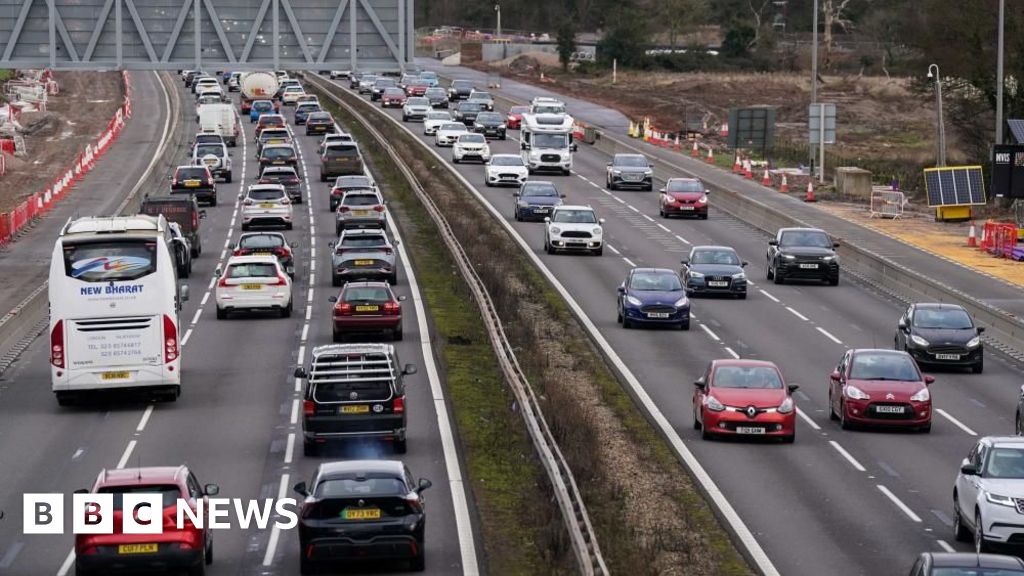As a new round of negotiations opens at the United Nations for an international treaty on corporate accountability, global unions are intensifying calls for decisive progress to ensure justice for workers in global supply chains.
The treaty, which has been in development for nearly a decade, aims to close longstanding gaps in international human rights law and end corporate impunity. However, progress has been slow.
The most recent draft, released in July 2023, failed to achieve consensus on several key provisions. The current talks, postponed from October, mark the treaty’s tenth negotiating session.
The International Trade Union Confederation, Global Union Federations, and civil society partners, have expressed frustration over delays. In a joint letter, they criticised the lack of consultation regarding the postponement and demanded a transparent, inclusive process.
ITUC General Secretary Luc Triangle stated, “The trade union movement demands a transparent process that allows for full participation. We cannot afford further delays in securing a treaty that ensures justice for workers and makes corporations accountable.”
Despite frustrations, the global unions welcomed recent steps to revive progress, including additional funding and inter-sessional consultations involving independent legal experts.
Triangle reaffirmed the labour movement’s commitment, declaring, “We are fully engaged and ready to deliver the treaty that working people deserve.”
Unions are advocating a treaty to encompass a broad scope that includes all internationally recognised human rights and workers’ rights while ensuring comprehensive coverage of businesses, regardless of their size or sector.
Also, the unions are pushing for extraterritorial regulations to ensure justice for victims of transnational corporate abuses, mandatory human rights due diligence policies for businesses, and clear obligations for corporate accountability under human rights law. Additionally, they emphasise the need for a strong international enforcement framework, supported by a robust global monitoring mechanism.
“Millions of working people in supply chains are counting on a treaty that addresses the imbalance that prioritises corporate interests over human rights,” Triangle said.
The global labour movement remains resolute in its demand for a binding treaty, underscoring the urgent need to achieve justice, accountability, and human rights protections in global supply chains.

 3 days ago
3
3 days ago
3













![JUST IN: Fire Guts Araromi Spare Parts Market In Ibadan – [Photos]](https://www.naijanews.com/wp-content/uploads/2024/12/Market-Fire.jpg)

 English (US) ·
English (US) ·